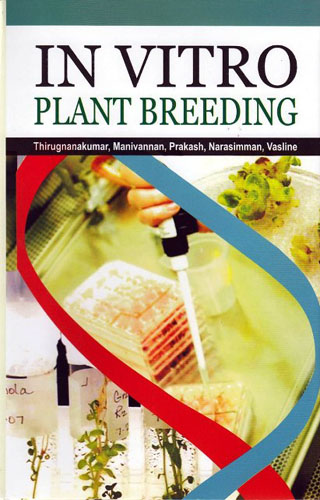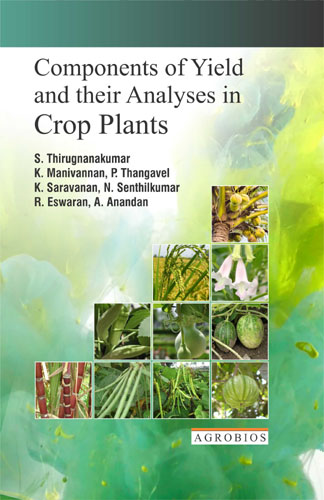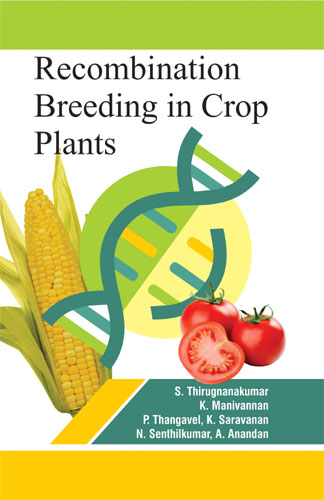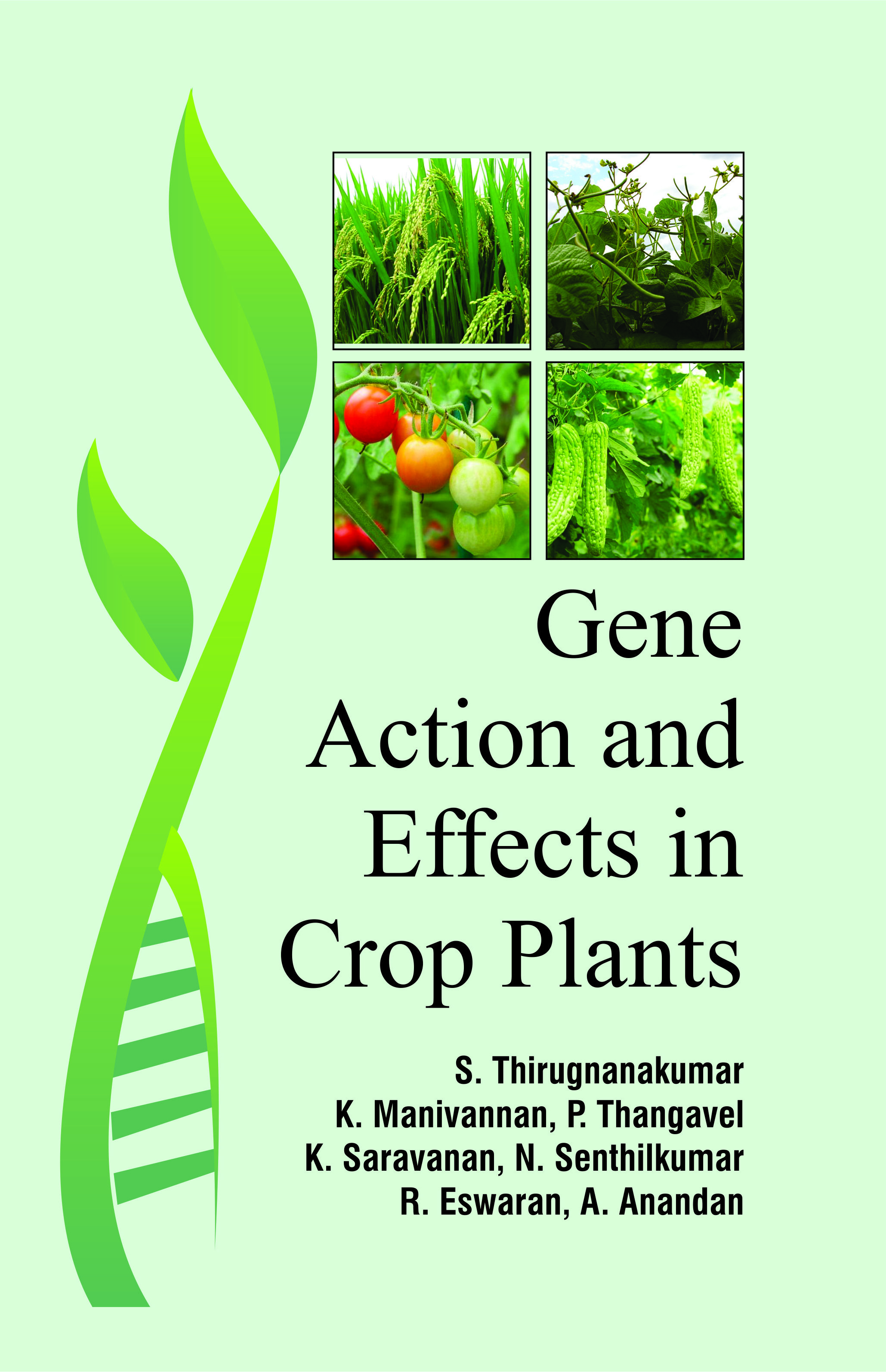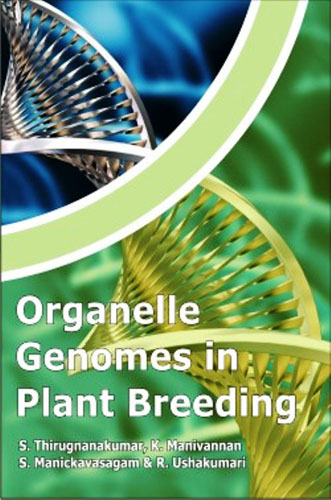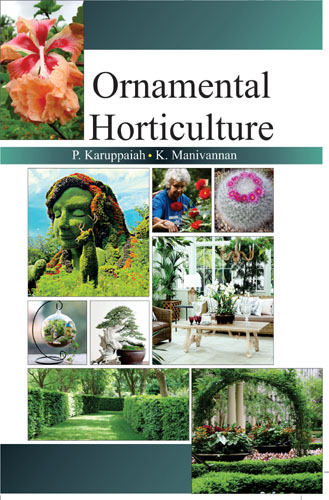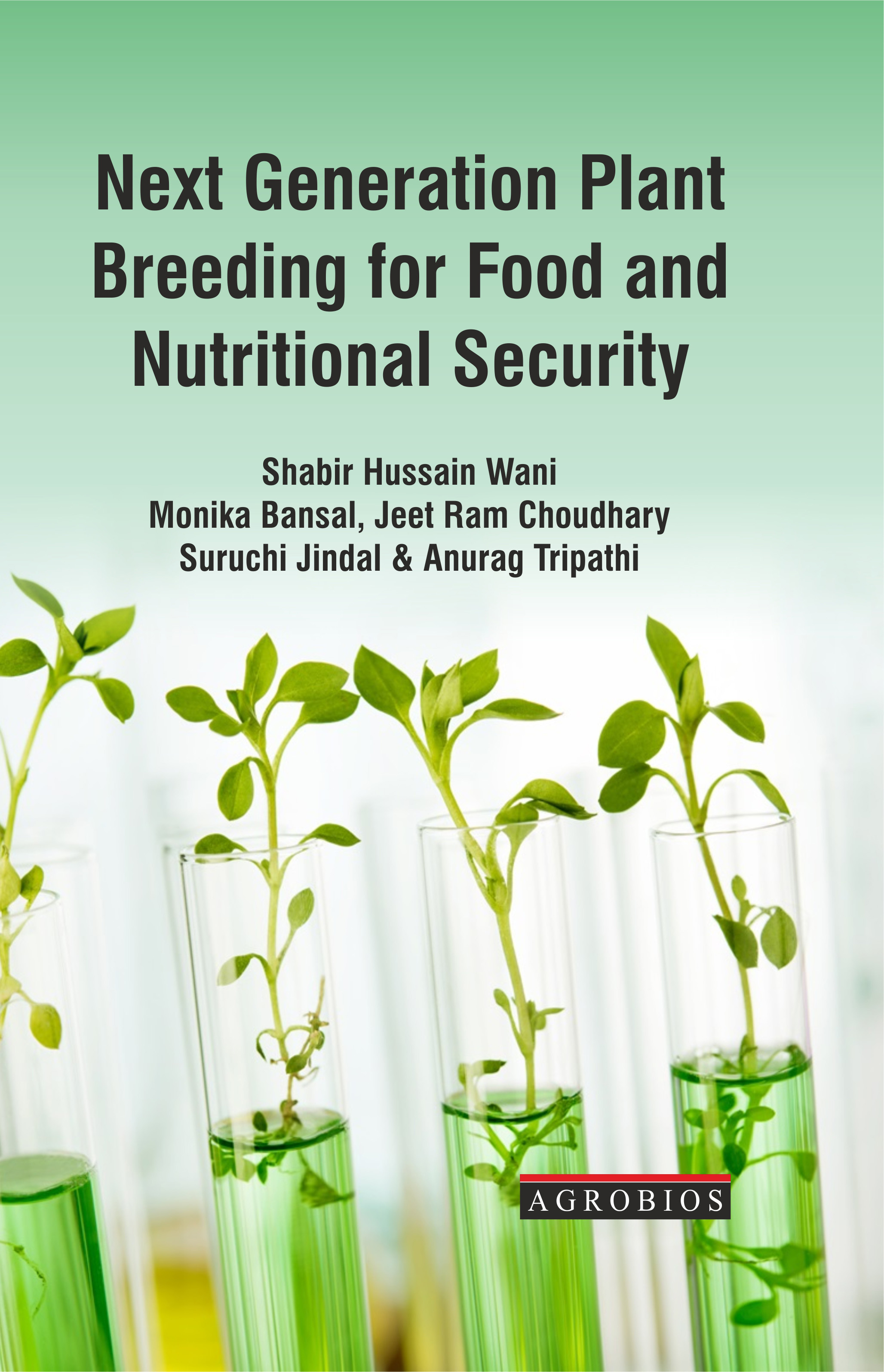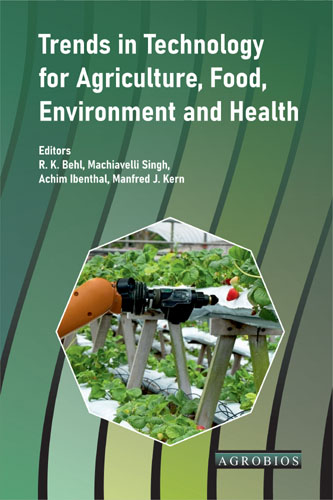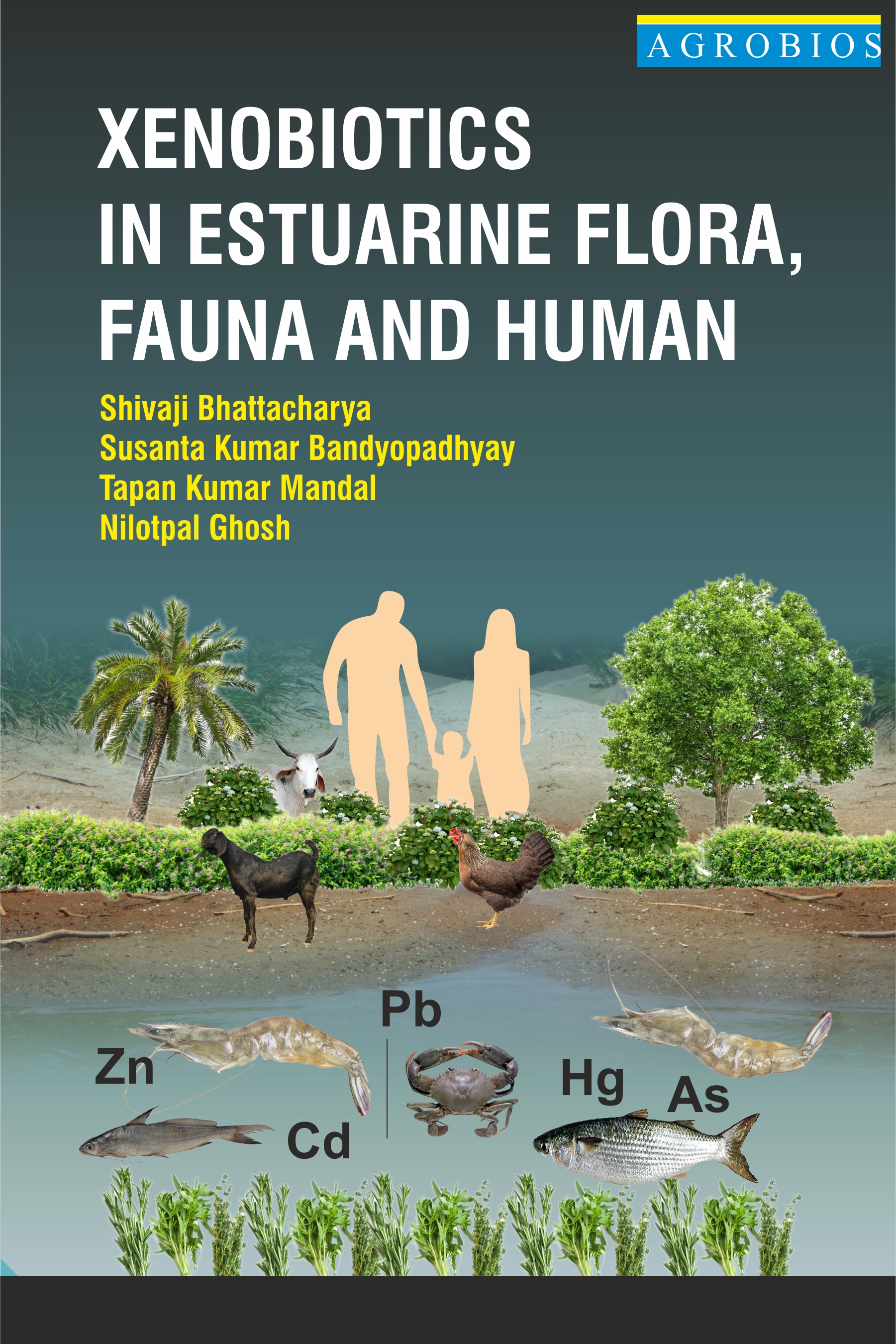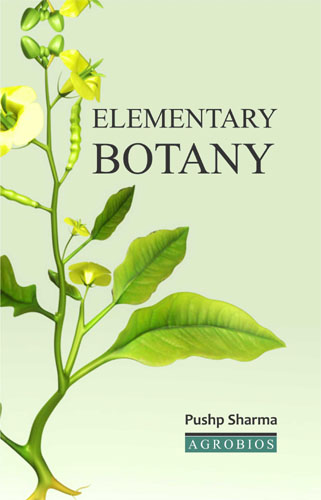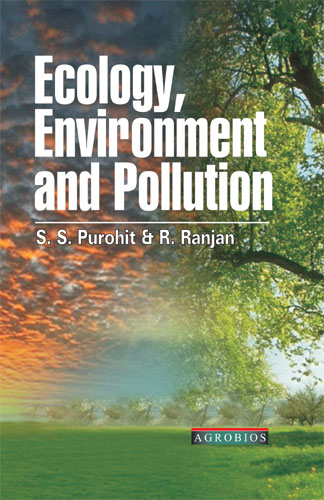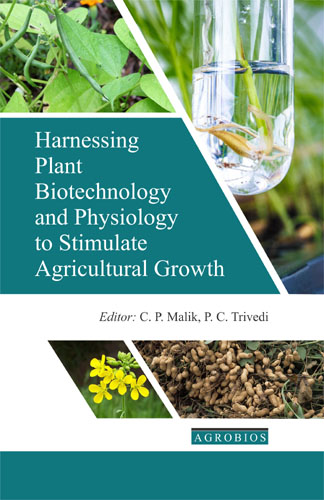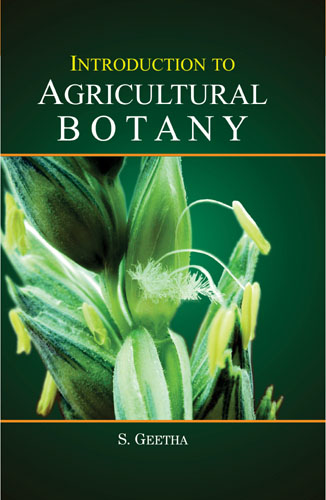In Vitro Plant Breeding
Biotechnology is the controlled engineering of plants suing in methods. As a technology, is competent to meet the challenge for the increased turnover of biomass for the energy production. The worlds demand for food, shelter and wood is expected to double by 203 ( Hence, a large scale propagation and rapid multiplication of short duration plants, synthesis novel, disease resistant, high yielding, disease free and photosynthetically efficient plants no doubt help to solve many of the problems.
Tissue culture methods have far-reaching implications for the induction of genetic variability through somatic hybridization, induction of mutants and selection of disease free as v. 5 as disease resistant plants. In vitro haploid production will quicken the development of inbreds (instant) and mass multiplication of elite plants. Recent strides in plant molecular biology paved the way for the DNA mediated gene transfer. The structure of blue print of life i.e. DNA deduced by Watson and Crick (1962) and the action of certain endonucleases in making nick and scission of DNA brought out by Arber, Nathan and Smith (1970s) made scientists to transfer genes across taxonomic barriers and irrespective of origin, birth and dignity. From 1980 onwards, large number of transgenic plants were produced both in monocots and dicots by the uptake and incorporation of foreign genome and DNA recombinations.
Plant biotechnology is racing ahead in geometric proportion because, unlike biotechnology of animals, plants raise few social, moral and legal issues. Tissue culture and genetic engineering are the most important component of biotechnology. It is envisaged that in future agricultural and forest biotechnology will complement the classical methods breeding and generate novel variabilities. It will open new vistas to enable the improved production of many agronomically important plants.
There is a growing need for a simple textbook in vitro plant breeding. It is our earnest hope that this present book will meet the demand for a comprehensive textbook on tissue culture and genetic engineering for the students of both under and post graduation.
Prof. Thirugnanakumar S
 555
555
Table of Contents..
- In Vitro Culture and its Applications
- In Vitro Clonal Propagation
- In Vitro Somatic Embryogenesis and Artificial Seed Concept
- In Vitro Clonal Variation
- In Vitro Culture and Production of Disease Free and Disease Resistant Plants
- In Vitro Haploid Production and its Uses
- In Vitro Somatic Hybridization
- in Vitro Embryo Culture
- in Vitro Production of Secondary Metabolites
- In Vitro Mutagenesis and Polyploidy
- In Vitro Methods for Plant Genetic Conservation
- Plant Breeding and Recombinant DNA Technology
- Isolation, Sequencing and Synthesis of Genes
- Restriction Modification System
- Vectors for Gene Transfer
- Indirect Gene Transfer Methods
- Direct Gene Transfer Methods
- Gene Transformation
- Genetic Engineering in Agriculture
- Genetic Engineering in Horticulture
- Genetic Engineering and Vaccine Production in Plants
- Genetic Engineering for Host Plant Resistance
- Tomato - as A Model Crop for Plant Genetic Engineering
- Selected References and Further Reading
- Subject Index
Book Details
Book Title:
In Vitro Plant Breeding
In Vitro Plant Breeding
Book Type:
TEXT-CUM-REFERENCES BOOK
TEXT-CUM-REFERENCES BOOK
No Of Pages:
304
304
Color Pages :
0
0
Color Pages :
0
0
Book Size:
DEMY (5.5X8.5)
DEMY (5.5X8.5)
Weight:
500 Gms
500 Gms
Copyright Holder:
All Rights Reserved
All Rights Reserved
Imprint:
M/s AGROBIOS (INDIA)
M/s AGROBIOS (INDIA)
Readership:
PG STUDENTS | SCIENTISTS AND RESEARCHERS | UG STUDENTS |
PG STUDENTS | SCIENTISTS AND RESEARCHERS | UG STUDENTS |



